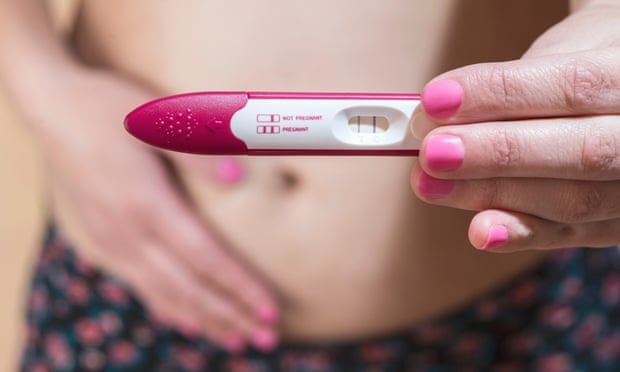Timing is everything. Sperm can
live for three to five days, but the egg is around for only 12 to 24 hours. To
increase the likelihood of conception, it's important to have daily intercourse
in the days leading to ovulation and on the day you ovulate. A good approach is
to have sex one to two days before ovulation and again on the day you ovulate.
That way, there's more likely to be a healthy supply of sperm waiting in the
fallopian tube when an egg is released.


Of
course, exactly when a woman ovulates isn't altogether
clear. It depends in part on the length of your menstrual cycle. A woman
typically ovulates about 14 days before her next period — not mid-cycle, as is
commonly held. If you have a 28-day cycle, which is the average, then you would
ovulate about halfway through your cycle. But if you have a 35-day cycle, you
would ovulate around day 21, not day 17. (Day 1 is the first day of your
period.)
To
determine the time when you're most likely to be fertile, try ourovulation calculator.
How
do I know when I'm ovulating?
Some
women can tell when they ovulate. But most women don't notice any changes at
all. If you're thinking about getting pregnant, try to track your cycle for a
couple of months. Some signs of ovulation include:

+
Increased vaginal discharge that takes on a wetter, egg-white-type quality
+ A
slight increase (about 0.4 to 1 degree Fahrenheit) in basal body temperature,
or BBT, which you can detect by taking your temperature each morning before you
get out of bed, one or two days after you ovulate. You can get a good sense
of your cycle if you chart your BBT for a few months.
For
information on how to track these signs, see our articles on detecting ovulation and basal
body temperature and cervical mucus. The bookTaking Charge of Your Fertility: The
Definitive Guide to Natural Birth Control, Pregnancy Achievement, and
Reproductive Health, by Toni Weschler, can also teach you to read
your body's signals.
If you
still have trouble pinpointing the exact date of ovulation, you might consider
trying an ovulation predictor test.
If my
periods are irregular, will it be harder for me to get pregnant?
Most
women have about 12 periods a year, but some have fewer and some skip months or
don't get a period at all. Stress, heavy exercise, dramatic weight loss or gain
— all of these can cause interruptions in your period. The more irregular your
period is, the more difficult it is to predict ovulation.
Say
your cycle is 28 days one month, 21 days the next month, and 32 days the
following month. Keep a record of your menstrual cycles for several months.
Then subtract 17 from your shortest cycle and 11 from your longest cycle. The
days in between the two are the ones you're most likely to be fertile.
If your
cycles are irregular and more than 35 days apart or longer, you should consider
seeing your ob-gyn or a fertility specialist to check for other causes of an
irregular cycle, such as polycystic ovarian syndrome (PCOS), ovarian
dysfunction, thyroid disorder, excessive weight loss or an elevated prolactin
level.
Can't
we just try and see what happens?
Of
course, you don't have to plot basal body temperature or keep complicated logs
if you don't want to. You don't even need to have an orgasm to get pregnant.
Try having sex at least two to three times a week consistently, and the law of
averages probably will prevail.
No comments:
Post a Comment